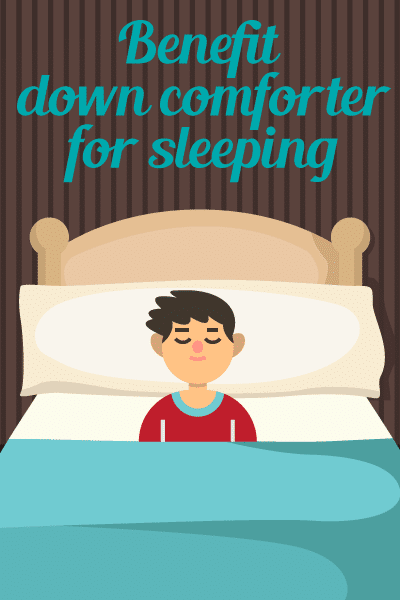ResMed announced the results of its 2024 Global Sleep Survey, revealing that nearly 40% of respondents get no more than three nights of good sleep each week—and some individuals reported just one.
Respondents reported feeling excessive daytime sleepiness (50%), negative feelings in the morning (40%), and more irritable (39%).
In its fourth year, the survey included 36,000 participants across 17 markets, providing insights on the state of sleep around the world.
A world in sleep crisis:
- Across the surveyed population, only 13% of respondents reported sleeping well every night. People in Japan (57%) topped the list for the number of poor nights’ sleep each week while people in India were the most rested with 27% saying they sleep well every night.
- Over half of our respondents used a digital device before going to bed, whether to scroll through social media (53%), watch TV (44%), or catch up on news (31%).
- When asked about what was keeping them awake, the top reasons that emerged were personal anxiety (36%), insomnia (25%), breathing difficulties (15%), and obesity (13%).
- Even after falling asleep, 3 in 10 respondents reported being unable to stay asleep without being woken up. People in the UK (44%) and France (42%) experienced the most disruption to their sleep while respondents from India (42%) and Thailand (41%) were most likely to fall and stay asleep the entire night.
- Among female respondents who are perimenopausal or menopausal, 56% experience from disturbed sleep, with women in Ireland and Australia being the most affected. In both countries, 3 in 4 women who are perimenopausal or menopausal said they experience from disturbed sleep.
Discover your sleep superpowers:
- The top three benefits experienced by respondents after a night of good sleep were improved concentration (50%), increased productivity (51%), and improved mental health (44%).
- Nearly 9 in 10 respondents also said that good sleep benefits them physically while 83% agree that good sleep enables them to be more creative.
- People are also becoming more curious about how they sleep, with 36% of respondents tracking their sleep either through a smartphone app (44%) or wearable (31%).
“With sleep being the third pillar of health, alongside diet and exercise, prioritizing your sleep is one of the most effective ways to improve your overall health,” says Carlos, M. Nunez. MD, ResMed chief medical officer, in a release. “With over 936 million people around the world affected by sleep apnea, it is concerning to learn that 40% of the people we surveyed get no more than three good nights of sleep a week. Poor sleep can be an indicator of conditions such as insomnia and sleep apnea, so this World Sleep Day we want to empower people to take charge of their sleep health and have conversations with their healthcare provider.”
Among survey respondents, 57% claim they are aware of sleep apnea. Twenty-six percent of those respondents have been diagnosed.
The 2024 ResMed Global Sleep Survey included a total of 36,000 respondents across Australia, Brazil, China, France, Germany, Hong Kong, India, Ireland, Japan, Korea, Mexico, New Zealand, Singapore, Taiwan, Thailand, UK, and USA, between December 2023 and January 2024.
Photo 311249960 © MKiryakova | Dreamstime.com













Leave a Reply